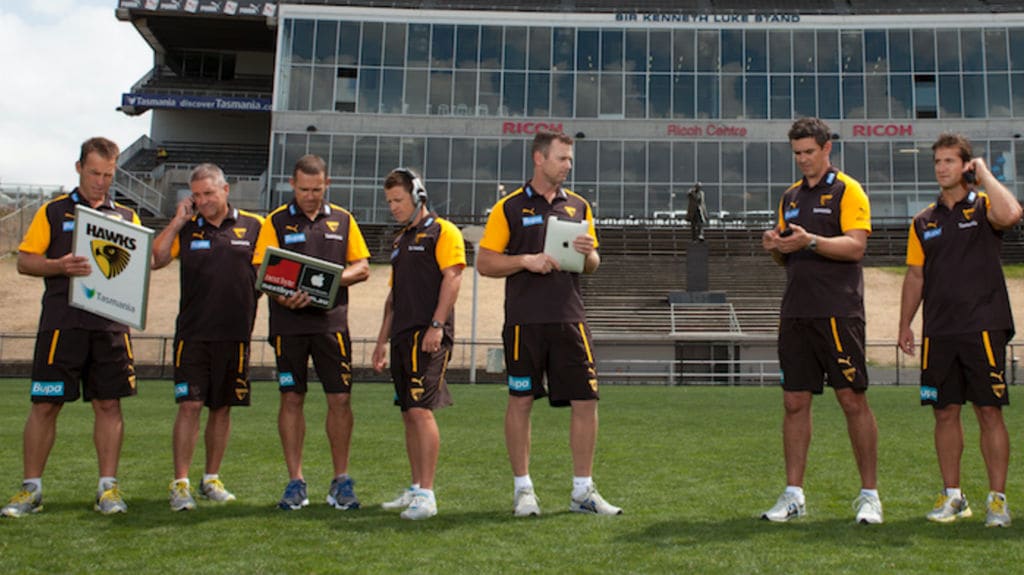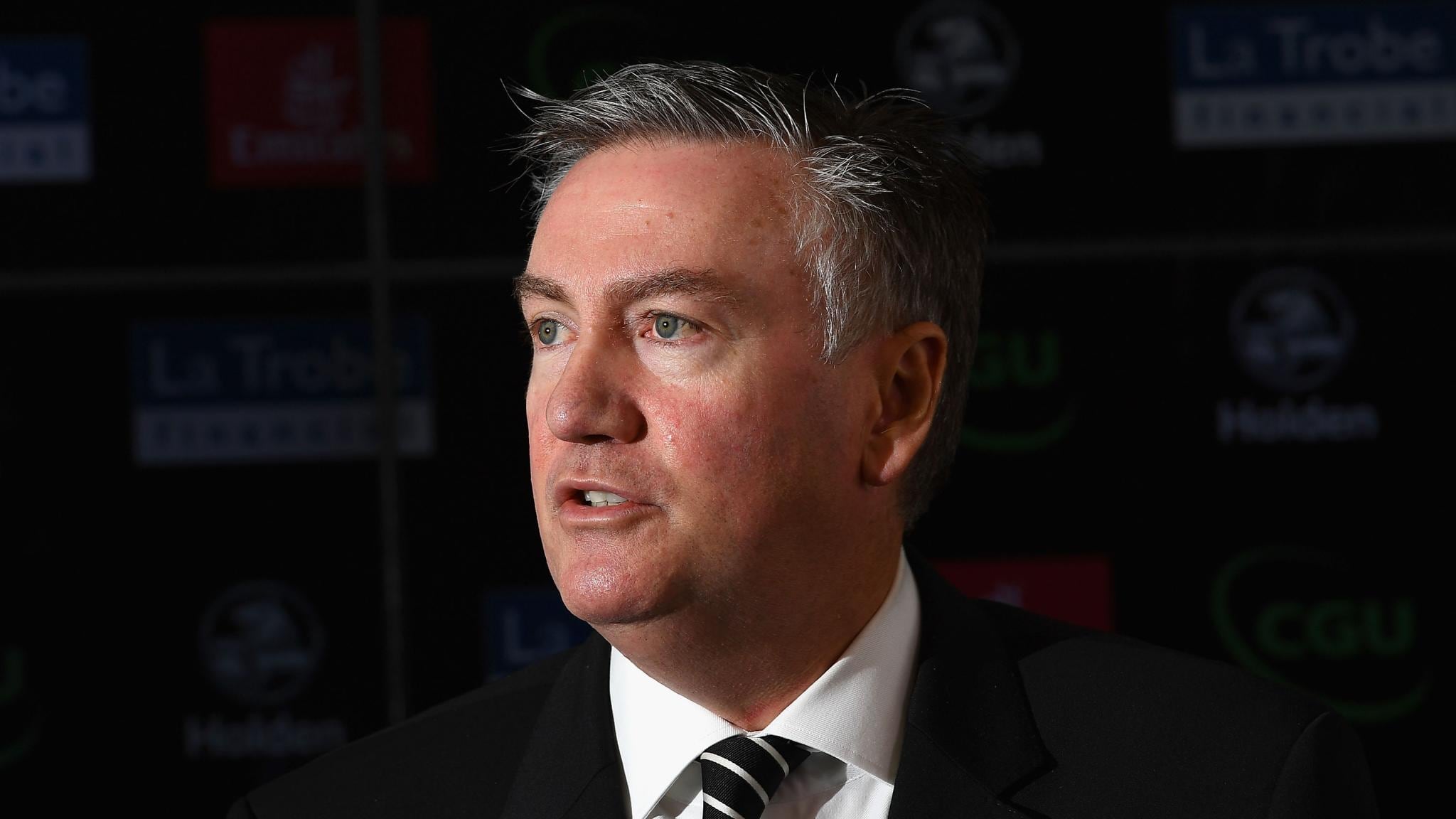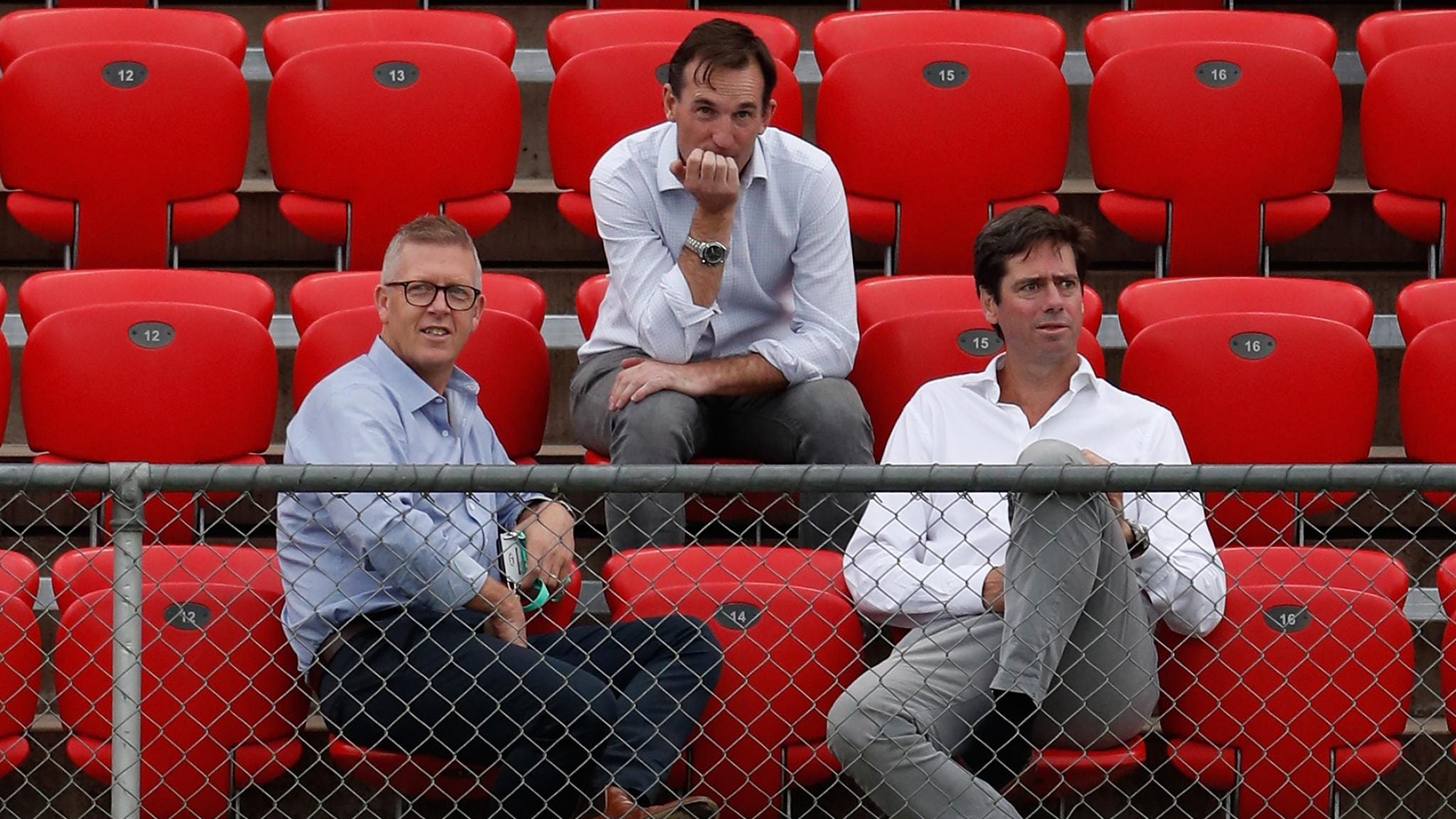AFL Media's Ashley Browne counts down the 10 most influential figures in the footy world. See the list below.
10. Paul Marsh
AFL Players Association chief executive
Previoualy: 2016: 7; 2017: 8
Marsh came across from a similar role with the Australian Cricketers Association with the mandate to oversee what shaped as a hard-fought CBA negotiation with the AFL.
It was as tough a negotiation as forecast, with the 's' word thrown about more than once. But in the end, a final outcome was reached without the need for any sort of industrial action.
The players wanted a slice of the action and received a 28 per cent share of mutually agreed revenues. They were granted an immediate 20 per cent pay rise as part of the new $1.84 billion dollar, six-year pay deal. And in 2022, the final year of the agreement, the average player wage will be $389,000 with a salary cap of $13.54 million.
Like any negotiation, both sides left a bit on the table at the end, but for their part, the players were thrilled and Marsh was then able to turn his attention to other items on his to-do list including mental health and career transition as well as an injury and hardship fund for past players.
As for Marsh, it should be noted that no AFLPA boss has ever remained in the job for a second CBA negotiation. Predecessors Brendon Gale (Richmond) and Matt Finnis (St Kilda) are now firmly entrenched in AFL chief executive roles, but while much can happen in the next few years, Marsh isn't cut from the same cloth.
"He doesn't seem to have a greater goal," said one leading player manager. "He has always had the interest of the players first, second and third, but you have to wonder what will keep him motivated and what will happen next."
9. Craig Hutchison
Crocmedia/SEN 1116 chief executive, Footy Classified co-host
Previously: 2016: - 2017: 13
It has been a whirlwind 12 months for Hutchison as he was installed as host of The Footy Show before the start of the season and then removed with a third of the season remaining. But his media empire grew spectacularly at the start of this year with the merger between his Crocmedia business and Melbourne's 24/7 sports radio station SEN 1116.
Hutchison wasted no time reshaping the station. Staples such as Francis Leach, Mark Fine, David Schwarz and Mark Allen were shown the door, with the latter two instigating legal action for wrongful dismissal. A host of long-time station contributors also finished up. His biggest move was to bring across Gerard Whateley from the ABC as morning show host and lead commentator across a number of sports, primarily the footy.
Hutchison now controls huge chunks of AFL-heavy radio programming across Australia and is now the largest commercial radio broadcaster of AFL games, while Crocmedia's TV presence is growing steadily as well. His own weekly podcast, The Sounding Board has become compulsory listening for those who make their living from the game, especially the media and communications side of it.
With his quick and easy access to key AFL executives and with control of so many media platforms, he has become one of the most influential people in the game. And he has no plans of stopping now.
8. Andrew Dillon
AFL general counsel
Previously: 2016: 12; 2017: 9
The praise comes thick and fast when you mention Dillon's name to people in the football industry.
"Gill's go-to guy."
"The one guy Gill trusts 100 per cent."
"Flies under the radar, but never lets Gill down."
Notice a thread here? If Gillon McLachlan has a consigliere at the AFL it is Dillon, the no-frills, low-profile lawyer, whose office is just across the corridor from the League chief executive and who keeps things calm and steady at headquarters, especially during the turbulent period last year when senior executives Simon Lethlean and Richard Simkiss departed the organisation in swift and unfortunate circumstances.
Despite his own large responsibilities, he also assumed the demanding role as the stand-in head of football operations until Steve Hocking joined the League.
Dillon has the strong respect all the key stakeholders at club level and throughout the game and earned plaudits at the AFL during the sometimes-difficult tenancy negotiations for football at Perth's new Optus Stadium.
Big-name sports organisations have come hard at Dillon over the years but he has never shown the inclination to leave. In particular the integrity department, which has grown under his management, is keeping the AFL ahead of the curve in a complex, demanding and rapidly evolving area.
7. Kerry Stokes/Seven Media
Seven West Media chairman
Previously: 2016: 9; 2017: 7
The huge $2.5 billion broadcasting deal is only in its second year, but the AFL's sole free-to-air broadcaster has a profound influence on the game on a weekly, monthly and yearly basis.
"Make no mistake, the boss of Channel Seven has a unique influence on how we see the game. From choice of commentators, to the coverage of the biggest matches, it's his network and the buck stops with him," said one commentator.
There will be some important conversations between the AFL and its long-time partner in the next few months. Tim Worner, Lewis Martin and Gary O'Keefe are among the Seven executives who along with Stokes are football's gatekeepers at the network.
The first will be over the start time for the Grand Final. The later the start, the higher the audience and the more advertising revenue for Seven. The League has promised a later start to the premiership decider at some stage during this rights agreement, which runs through until the end of 2022.
The second is around AFLW. Until now, both Seven and Fox have broadcast the games as an act of goodwill towards the League, which has meant matches clashing with men's pre-season games and in Seven's case, relegated to secondary channels because of a clash with the Winter Olympics. But the AFLW TV contract goes to the market next year and how willing the network will be to further broaden its AFL footprint will be fascinating.
6. Alastair Clarkson
Hawthorn Football Club coach
Previously: 2016: 4; 2017: 4
Clarkson is now Hawthorn's longest-serving coach, and with four flags to his name, the most successful.
And with that success comes significant influence. A trip to the AFL usually results in a walk through the corridors to bend the ears of senior management, and his opinions are sought and taken seriously at the highest levels. He is the master innovator and if there is a to be a distinct tactical shift in the game in 2018, he is most likely to have engineered it.
Clarkson's coaching tree is immense and Stuart Dew's appointment at Gold Coast means that there are now seven AFL coaches who have coached, played or worked for or alongside him. Two of them – Damien Hardwick and Luke Beveridge – have won the last two premierships.
He is entering his 14th season with the Hawks and his long-term future with the club is officially a talking point, with Clarkson telling AFL.com.au last month that he might walk away at the end of next season if he feels his message is wearing thin. Imagine the offers that will come flooding his way if he were to leave Waverley Park.
But he seems up and about in 2018, perhaps energised by having Jeff Kennett back as his president. With those two at the helm, the Hawks will always seem relevant, no matter where they are placed on the ladder.
Clarko's coach cluster (L-R): Alastair Clarkson, Chris Fagan (Lions coach), David Rath (AFL's head of coaching), Brendon Bolton (Blues coach), Adam Simpson (Eagles coach), Leon Cameron (GWS coach), and Luke Beveridge (Dogs coach)
5. Caroline Wilson
Columnist and broadcaster
Previously: 2016: 5; 2017: 5
One of the big moves of a busy media summer was Wilson stepping down as chief football writer of The Age after 19 years and handing the reins to Jake Niall.
The net effect is that her stories won't appear in the paper on a daily basis, but she will still write a column for the Sunday Age that will be no doubt be well-researched and impactful. Add her appearances on Footy Classified, Offsiders, 3AW and her own weekly Don't Shoot the Messenger podcast and you just know Wilson will still have a major impact on the game.
She also remains clearly the most high-profile woman in the game.
The wonder is what will happen when a big story falls into her lap this year? Will she still file it for The Age herself,handball it to a colleague, or save it for one of her electronic media appearances?
Irrespective of how often her byline appears, football people jump to attention when her name appears on their phone screens.
As noted by one football figure, "She still scares the crap out of the major players in the industry."
4. Eddie McGuire
Collingwood president, commentator, broadcaster
Previously: 2016: 2; 2017: 6
McGuire still has the loudest voice in the game. As president of Collingwood he carries plenty of clout; as the longest serving president in the game, there's not much about the AFL and not many people, he doesn't know. He is very much at the centre of all the key decisions made in the game.
Then there's McGuire wearing his media hat, which comprises hosting the breakfast show for Triple M, hosting Fox Footy's Friday night coverage and commentating selected weekend games, and his "back to the future" role as host of The Footy Show. His company, McGuire Media, now produces that show, in addition to significant AFL content on both the Seven and Nine networks. If McGuire wants to make a noise about any issue in footy, he has any number of vehicles in which to do so.
'Eddie Everywhere' indeed.
But McGuire is facing enormous challenges this year. The Pies have missed the finals for four straight years but have backed coach Nathan Buckley for two more seasons despite the growing restlessness of the supporters. And they're no good things to make the finals this year either.
And ratings for The Footy Show continue to decline, with McGuire's rescue mission late last season doing little to arrest the slide. All sorts of bells and whistles are in store for 2018, but if he and his original producer Harvey Silver, also now back in the fold, can't restore the show to its former glory, who knows how much longer the Channel Nine bean-counters will continue to support it.
Eddie McGuire faces enormous challenges this year. Picture: AFL Photos
3. Steve Hocking
AFL general manager of football
Previously: 2016 – 2017 –
Hocking joined the AFL at the end of last season after a series of senior management roles at Geelong, and from the start he hasn't mucked around.
Within a few weeks he moved on Peter Schwab as the director of umpiring and emphatically decided to retain the centre bounce, when all evidence pointed to it being phased out of the game. And he also announced a large restructure of the match review panel and the tribunal which leaves Michael Christian as sole arbiter of all reportable offences.
He moved to significantly bolster the football department with those at the cutting edge of the game and David Rath, James Podsiadly and Marcus Ashcroft are among the appointments to key roles.
And he's only getting started. Length of games and the season are now under review, as is the player movement system. EPL-style loan arrangements and mid-season drafts and transfer windows are now under discussion.
More than anything, Hocking wants the AFL to set the agenda and to lead discussions about where the game is heading. As a player for Geelong over 199 games, he was, in his own words, "a bit of a battler".
As a sharp, forward-thinking and, at times, ruthless administrator of the game, he is anything but.
Steve Hocking, Andrew Dillon and Gillon McLachlan at the Adelaide AFLX tournament. Picture: AFL Photos
2. Richard Goyder
AFL commission chairman
Previously: 2016: 14; 2017: 22
In the manner of all good board chairs, Goyder, in his first full year at the helm of the AFL commission, set a direction and then let his executives to do the work.
The exception might have been in his native Western Australia, where he rolled up his sleeves as West Coast and Fremantle negotiated to play at Perth's shiny new Optus Stadium. He was highly influential and active in the deal being struck after a few anxious moments.
But the direction under Goyder is clear. He might lack the elite playing experience of his predecessor, Mike Fitzpatrick, but as one business commentator noted, "he is a hero of the corporate world, respected and loved." He is also well regarded in Canberra, important for when discussions turn to more meaty matters than complimentary match tickets for politicians.
The former Wesfarmers chief executive has set a firmer direction than Fitzpatrick. Several sources suggest that he was strong in his view that senior executives Lethlean and Simkiss needed to leave the AFL last year as a result of their "inappropriate relationships" with female staff members when there were senior executives at the League who wanted to save them.
He is also on record as "hating" poker machines and is driving the AFL to look at ways to reduce or even eliminate the clubs' reliance on gaming revenue. This still has a long way to play out, but it is a fascinating development nonetheless for the League.
Goyder is also on track to become the next chairman of Qantas. It makes for an interesting situation given the League's partnership with Virgin. As one AFL executive joked, perhaps he'll fly Virgin to games and then get himself home with Qantas.
1. Gillon McLachlan
AFL chief executive
Previously: 2016: 1; 2017: 1
On the surface, McLachlan has steered the AFL through an excellent 12 months. Record attendances, huge TV and digital numbers, booming participation figures, a new CBA agreement, a $66 million turnaround of the League's bottom line, the launch of AFLW and one of the most competitive and even seasons for many years.
It makes for an impressive body of work.
But at the same time, as he acknowledged in the just-released the 2018 AFL annual report, "we faced some challenges".
He had to let go of long-time key lieutenants Simon Lethlean and Richard Simkiss in tawdry circumstances, and was left in a tough place, torn between his commitment to gender equality, which includes his role as a male champion of change, and his loyalty to his good friends.
Head of diversity Ali Fahour also left the League last year after he committed a violent act while playing suburban football.
McLachlan himself has also been the subject of scrutiny with reports emerging late last year that he would leave the League for a position at Crown, where his predecessor, Andrew Demetriou, sits on the board. They were persistent enough for him to take direct action to hose down the speculation once and for all.
As one observer noted, "the honeymoon is over for Gill," but at the same time, this is a time of great opportunity for the game. McLachlan loves a whiteboard (after all, he was a management consultant in a former life) and all manner of football types have sat with him to chart the future of football.
"The CBA and Rights Agreements are done, so we have industry certainty," said one club insider. And with that certainty comes the ability for the AFL to do what it loves best, map out where the game is going for the next 20 years. And McLachlan more than anyone, is best placed to shape it.


